Alba - Nour ensemble (Hermes Records, 2005)
-------------------------------------------
1. Alleluia—Setayesh
a capella
Alleluia verse in the 4th tonality, (David’s psalm 20, 4) from Graduale Romanum
Folk tale and Heiran’s chant from the Kurdish region of Turkey
2. Santa Maria amar—Mariam moghadass
Melody and text from the Kurdish folklore
Cantiga No. 7 from the “Cantigas de Santa Maria” – Alfonso X el Sabio (13th c.)
3. Villancico—Payekoobi
Danse from Lorestan’s folklore named «danse for 3 steps»
Villancico from the 16th c. (“Dadme albricias”)
4. Alba—Sahar
a capella
Poem from the french troubadour Girault de Bornelh (11th c.) sung in Occitan
And poem from Hafez’s «Ghazaliat» (14th c.); music: Christophe Rezaï
5. Cunctissimus concanentes...— Sama'
Mowlana Rumi’s poem (13th c.) & Melody from the traditional persian repertoire
Melody and text from the Spanish “Red book” from Montserrat abbey:
“Llibre vermell de Montserrat” (14th c.)
6. Uterus Hodie…—Tavalod
Poems from «Baba Taher» (11th c.) – Persian radif in «Mahour»
Conductus from «école Saint Martial de Limoges» (11th c.)
7. Lullaby Lalai
a capella
Kurdish lullaby arranged for 6 voices; music: Christophe Rezaï
8. Miragres fremosos—Mo’jezeye ziba
Cantiga No.3 7 from the “Cantigas de Santa Maria” – Alfonso X el Sabio (13th c.)
Melody and text from «Ourami»’s folklore of Kurdistan
9. Novus Annus—Fasle no'
a capella
Melody and text from the Kurdish folklore
French conductus from the “Ecole Saint Martial de Limoges” (12th c.)
arrangements: Cristophe Rezai
vocal advisor: Jasmin Martorell

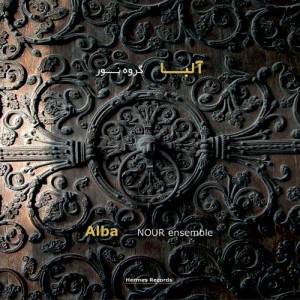
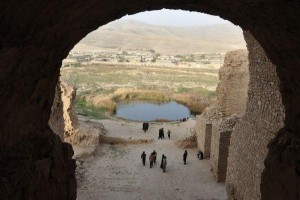
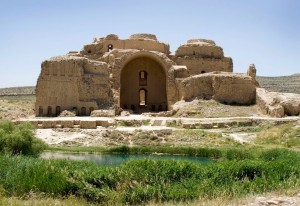
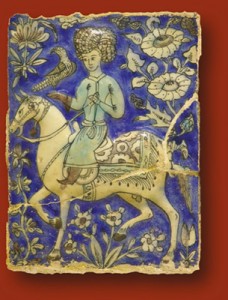
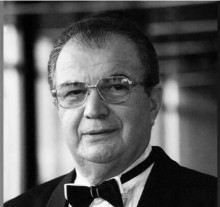

___keepration_220x220.jpg)

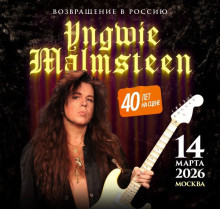


Nour Ensemble
Cristophe Rezai
Cristophe Rezai, tenor, indian harmonium
Mostafa Mahmoudi, Persian and Kurdish singer
Pierre Baranger, tenor
Pierre-Yves Binard, baritone, percussion
Hamid Khosroshahi, bass
Ali Boustan, oud, shouranguiz, Persian vocal
Reza Asgarzadeh, duduk, recorder, baritone, dohol
Saba Alizadeh, kamantche, vocal
Ali Rahimi, daf, tombak, vocal
--------------------
Franco-Persian NOUR ensemble is trying to discover and recreate a musical aura shared by
the East and the West, a common language which perhaps once existed in the history of music. Nour’s repertoire springs from sources in both traditions, Persian and European: “Conductus”
from the 13th century and melodies in “Nava” modality… Gregorian plainsong psalmody mixed
with psalmody of tale from the Uraman region of Kurdistan… counter point created with melodies from Koran and Bible text sung together in their own style… Competition between Kurdish and Spanish choirs singing “cantigas” of “Alfonso X el Sabio”.